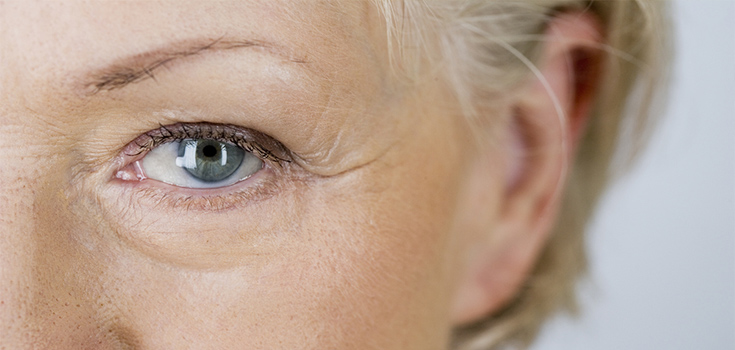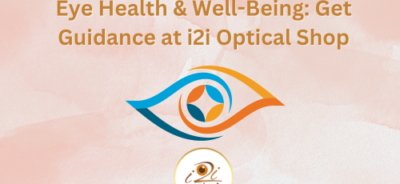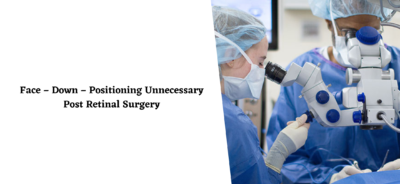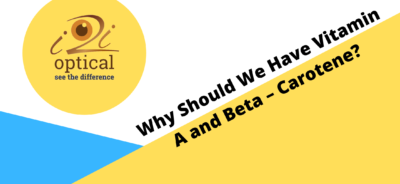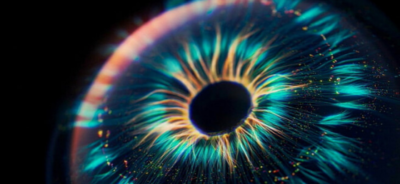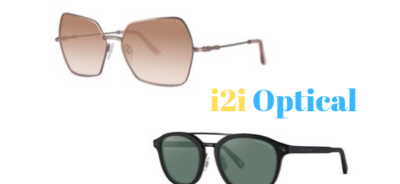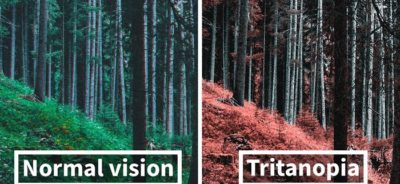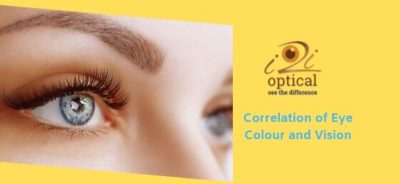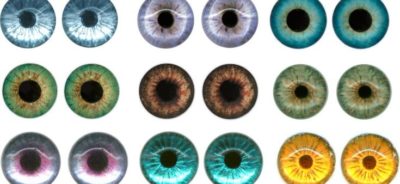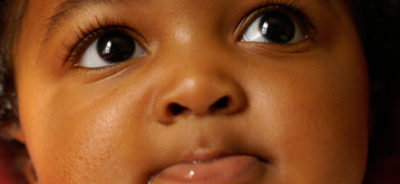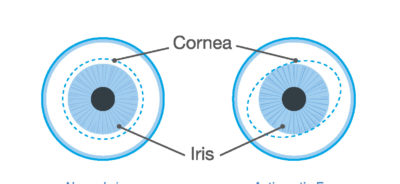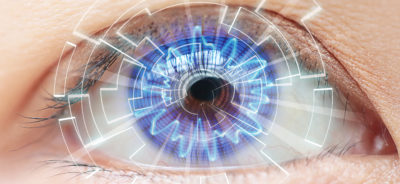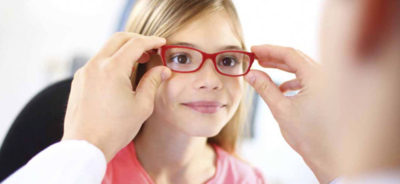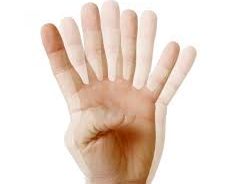Signs of Ageing in the Eyes
As with every other organ in the human body, the eyes are expected to show signs of ageing. With advanced age, and depending on the general health of a person, the eyes begin to change. We need to understand that the eyes are delicate and require careful evaluation. We need to take good care of our eyes if we want to keep away the rather inevitable signs of ageing. For example, a balanced diet, with more green vegetables thrown in, will have a positive effect on the eyes.
You will be able to recognize the signs of ageing in your eyes if you are vigilant. Take note of the fact that most age-related problems of the eyes sneak up on you slowly. Moreover, they will not make waves immediately after setting in. It takes a bit of time for the eyes to show symptoms of eye problems. Annual eye check ups can help you identify the problem and start off on a treatment course before the damage digs deeper.

Let’s look at some obvious signs of ageing in the eyes. The most common one is misty vision. You feel that you are seeing through a haze of fog. This mistiness increases with time. It may kick off with one eye and before long, your second eye can start to fog up as well. This is usually caused by cataract. We have written about cataracts in an earlier blog post. To put it simply, it is like a veil that shrouds your vision.
Cataracts are best treated with a non-painful surgery. However, there is another age-related eye problem that is not so easy to handle: AMD. It stands for Age-related Macular Degeneration. When you have this problem, you are unable to see definitive images. People have problems recognizing faces or seeing anything that has a definite form and shape. AMD can be dry, which is non-treatable but usually harmless, or it can be wet, a form that can prove to be more harmful.
When you come across these symptoms, you should consult an eye specialist immediately. There’s also the problem of glaucoma, which is generally non-symptomatic. You don’t get to know that glaucoma has set in before it’s quite late. It adversely affects the nerve fibres connecting the eyes to the brain. Untreated, it can lead to blindness. Since there are no symptoms here, the best way to identify and combat this is through regular eye check-ups.
Age-related eye problems can be better managed to prevent vision loss, if detected early.


